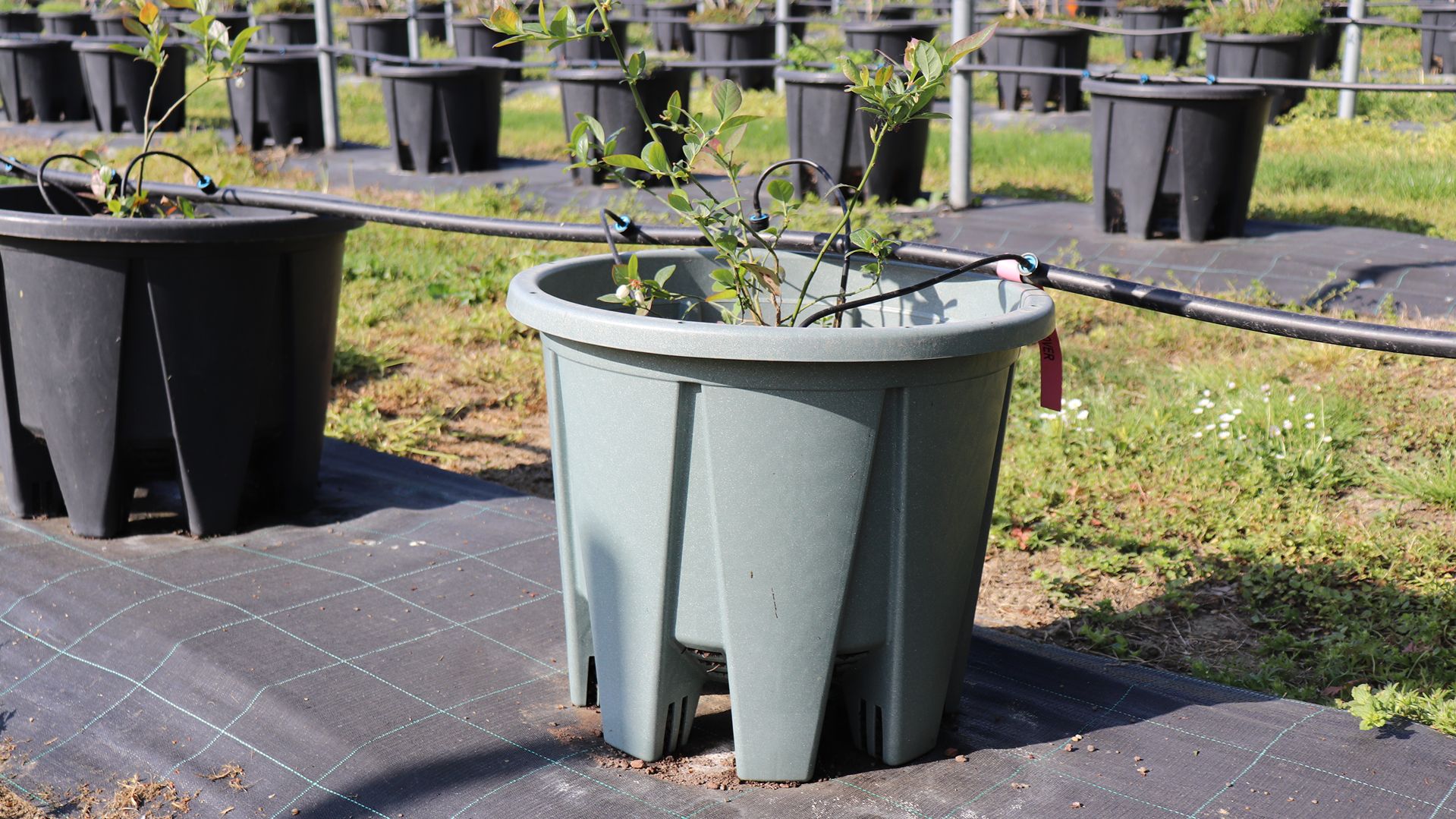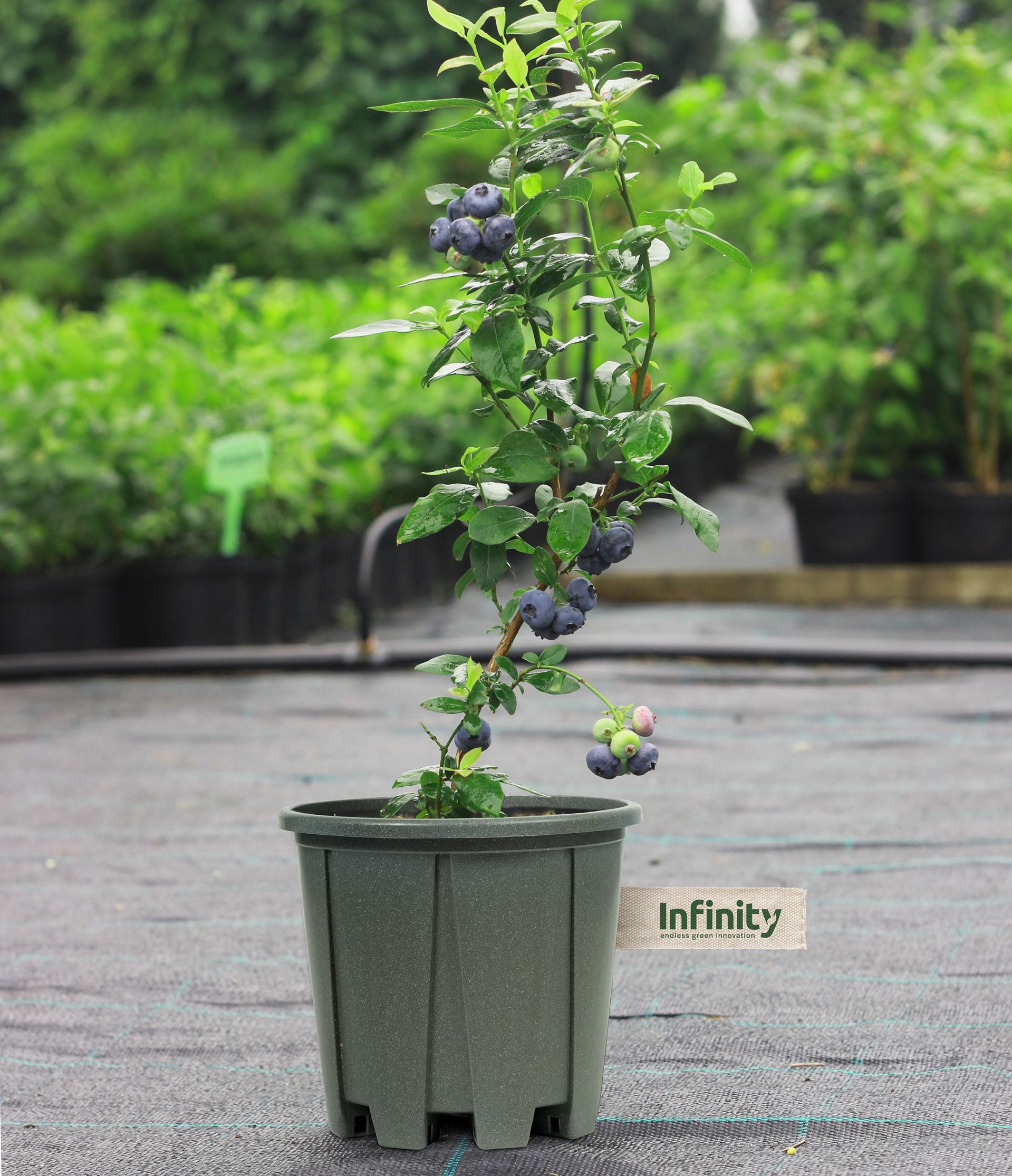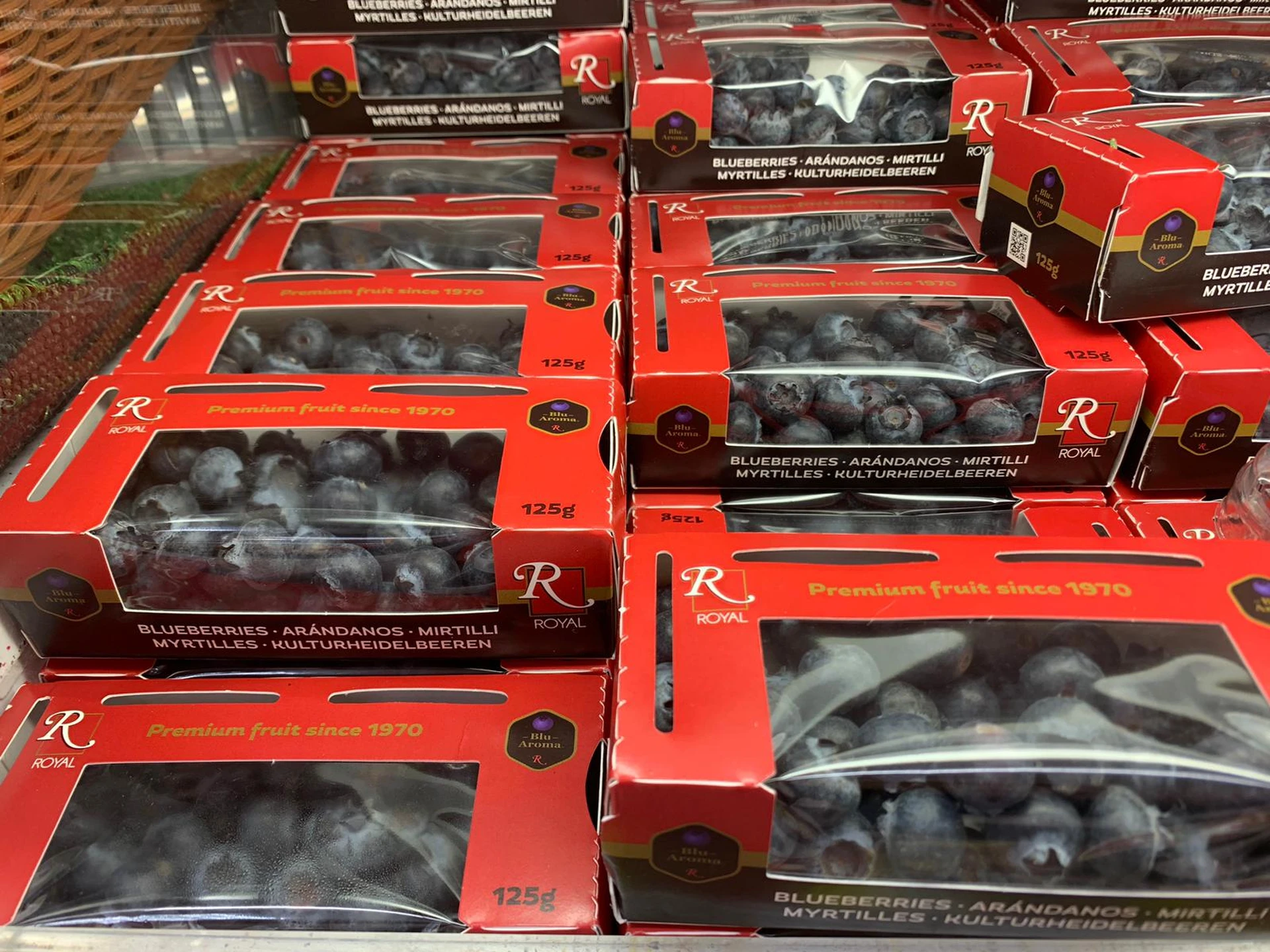Pasquini & Bini, which has been offering pots for nursery and soilless cultivation for fifty years, has recently invested in an ambitious and particularly innovative project. In this exclusive interview, Piergiorgio Loperfido, CEO of Pasquini & Bini, spoke to us about this innovative line. At the heart of this new range of products are sustainability and circularity as elements of improvement not only in terms of environmental impact but also in terms of pot performance and therefore results for nurserymen and farmers.
How does a company that produces over 20 million pots in a year manage to create innovation in a sector that may seem very traditional and undifferentiated such as that of plant pots?
The Infinity cultivation pots line has a positive ecological impact and was conceived through innovative collaboration with Lucart and with the support of the Department of Agricultural, Food and Environmental Sciences of the University of Pisa. The line is made with GranPlast, an innovative material that represents a concrete commitment to sustainable future for Pasquini & Bini.
How is this sustainability achieved?
This sustainable material contributes not only to reducing disposal but also to preserving the environment of Tuscany, the regione where we are based, as much of the recycled raw material remains in the area. This is in line with the philosophy of the circular economy, where the short production chain is fundamental. The end-of-life product can be recovered and recycled indefinitely. That's why we chose the name INFINITY.
What are the advantages of the material used for this line?
GranPlast regulates the temperature of the root system, providing optimal growth conditions; it reduces overheating during the summer, benefiting root health and reducing stress; it promotes phyto-stimulation, improving plant health without damaging them, especially with acidic substrates. Experiments show that plants grown in Infinity pots are healthier and more developed than those in traditional pots.
What is the contribution of the line to sustainability?
The GranPlast project was born in collaboration with Lucart, a company committed to creating circular business models to regenerate and increase natural, social, and economic capital.
GranPlast is a material derived from the recycling of Tetra Pak®-type packaging. Thanks to this innovative project, tons of post-consumer Tetra Pak® beverage cartons are recovered to be transformed into secondary raw material. From the separation of its components, Lucart extracts cellulose, used to make recycled paper.
The remaining part, composed of polyethylene and aluminum, is granulated to obtain GranPlast. And at the end of the cycle, the absence of carbon black simplifies disposal at the end of cultivation, making Infinity pots a sustainable choice. The pot has successfully passed the recyclability tests of the Institut Cyclos.

What results are achieved using this line of pots?
Experiments conducted in collaboration with the Department of Agricultural, Food and Environmental Sciences of the University of Pisa have shown that plants such as blueberry, raspberry, lamb's lettuce, and bean show significant growth increases when grown in Infinity pots. These increases can reach 30% in dry weight of the aboveground part and up to 25% in dry weight of the roots. These results are particularly evident in plants grown in substrate with acidic and sub-acid pH.
One of the critical aspects of pots concerns their reaction to ambient temperatures.
The material allows control of temperature variation and makes plants more protected from temperature fluctuations, especially when exposed directly to the sun, as in the summer months, making the growing environment more favorable to root development (temperatures above 50°C cause plant suffering, beyond that leading to certain death).

What results have you achieved with the Infinity series?
Infinity pots have been found to have lower temperatures up to 10/11°C compared to control pots in black PE under direct exposure to the sun in the summer months, while during the night or in winter or on rainy or cloudy days, the temperature is almost the same as the control pot.
Therefore, pots made with this material protect plant health much more than common cultivation pots already on the market.
So does the composition of the raw material of the pots also have an effect on the plants?
The composition of the raw material used for Infinity pots has a phyto-stimulating action due to the release of particles into the substrate by the pot walls. The plants are much more vigorous, and this growth has been demonstrated through destructive tests on crops and subsequent laboratory analyses.

What effects have been demonstrated by the presence of aluminum in the composition of your pots?
The presence of aluminum in the material prompted the company to start in October 2022 an experimentation - lasting over a year - on multiple cultivars with various types of irrigation (drip and sub-irrigation) to test the effects on plant growth, which showed no suffering, but at the final outcome of the tests, they were found to be more developed and healthier than plants grown in control pots produced with black polyethylene.
How does this effect develop in particular?
The gradual and controlled release of elements present in the composite, especially in the presence of acidic or sub-acid substrate, promotes plant stimulation rather than causing damage as initially feared. The results of laboratory tests confirmed the data collected empirically and showed that plants and various parts (roots, leaves, seeds, and fruits) do not accumulate aluminum, and the amount detected is well below safety limits (EFSA limits - European Food Safety Authority).
The most important results were obtained, in particular, on bean plants, a plant that in the literature is reported to be the most sensitive to the phytotoxic effects of aluminum.

How were the tests conducted?
All tests and laboratory tests were conducted by DiSAAA-a of the University of Pisa, under the most unfavorable conditions possible for the plant to favor the greatest possible release of material components from the pot walls.
Other cultivation tests were carried out on fruit and edible leaf plants such as lamb's lettuce, blueberry, and raspberry using the same methodologies and procedures.
What results were observed, particularly regarding plant growth?
The results show growth increases - up to 70% - of plants grown in Infinity compared to plants grown in black PE pots.
These tests have demonstrated the enormous versatility of the pots that can be used for cultivation safely, with any plant and with any type of irrigation, with surprising growth parameters.







